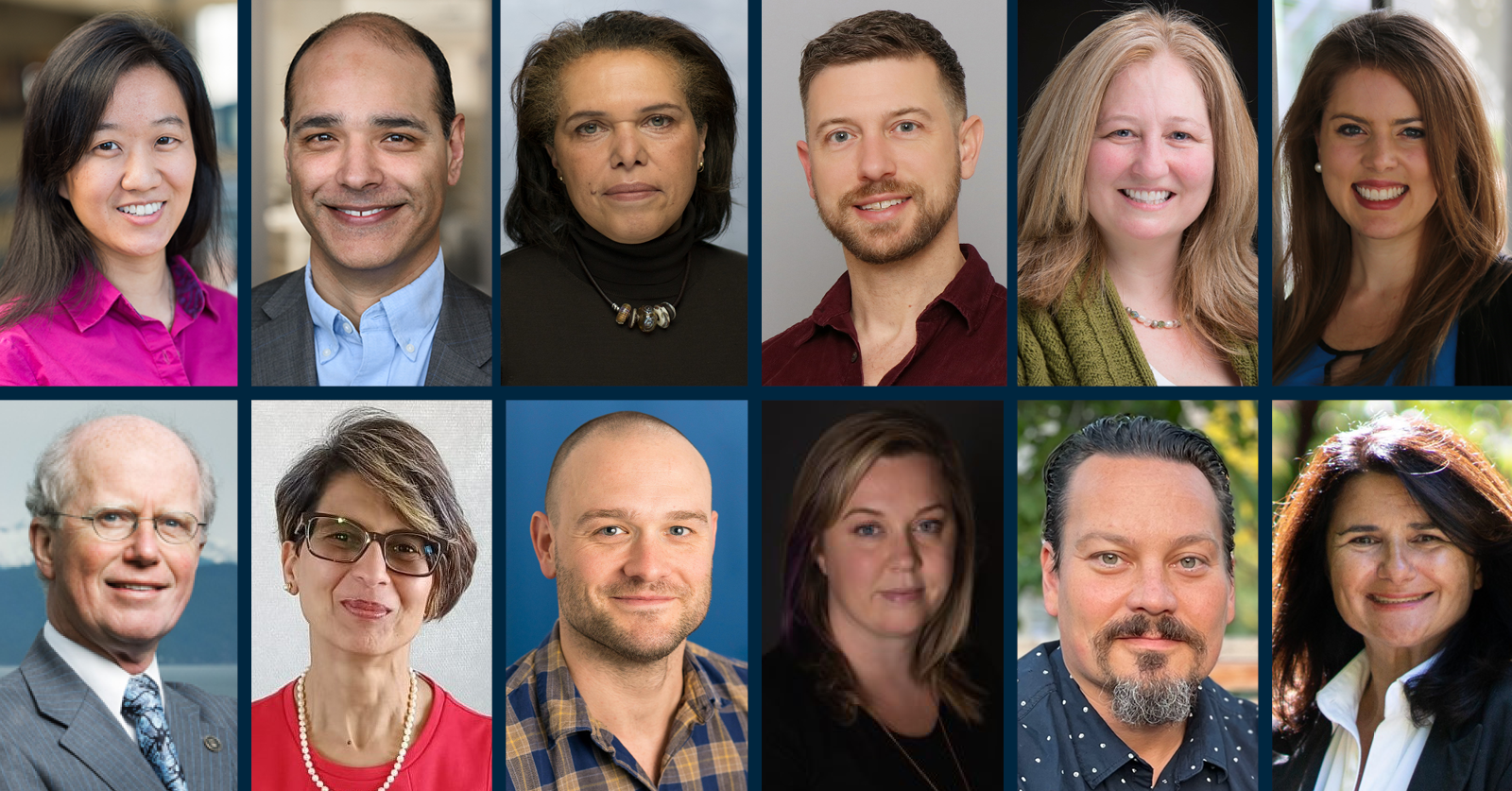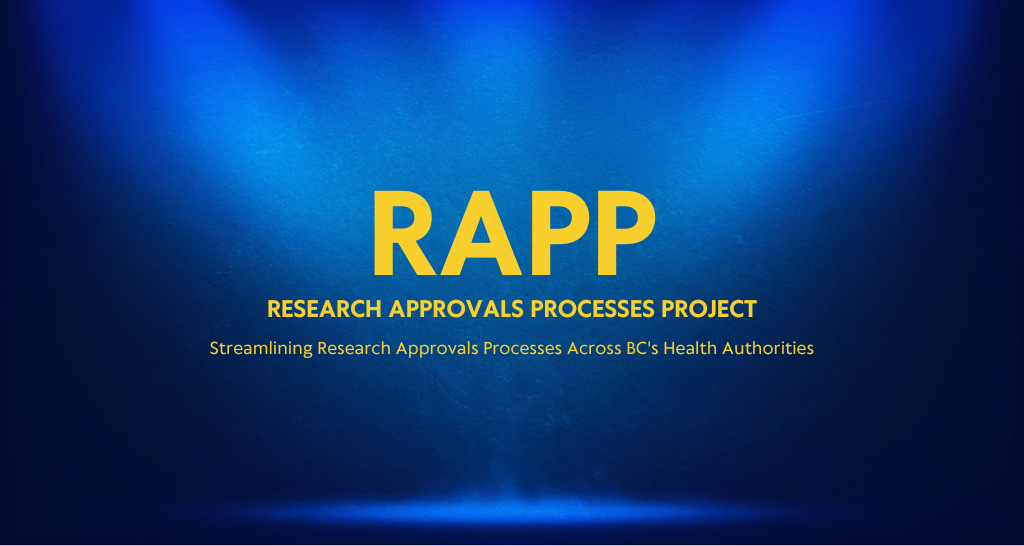Using health research to improve health: Our 2022 Convening & Collaborating (C2) and Reach awardees
12 October 2022

Knowledge Translation (KT) activities aim to close the gap between research and implementation by improving the use of research evidence in practice, policy and further research. Through our 2022 Convening & Collaborating (C2) and Reach funding competitions, we are supporting 31 KT research teams that are creating pathways from research evidence to impact; and helping to ensure that cutting-edge research can directly improve the health of people and communities in British Columbia and BC’s health system.
Promotes knowledge exchange and meaningful collaboration
The 22 C2 awardee research teams are involved in meaningful collaboration with researchers, trainees, and research users to co-develop research to help ensure outcomes are relevant to end-users. The 2022 award recipients are investigating a wide-range of important topics including enhanced access to youth substance user services; improved perinatal health; integrated mental health care services for refugees; and, climate distress services for young people.
One team lead is Dr. Carolyn Sparrey, director of the SFU Neurospine Lab and scientific director of SFU’s ImageTech Lab. Dr. Sparrey and the research team are co-creating a research agenda for health technology innovations. “An important part of ensuring my research has impact and is generating effective solutions is to engage with end users and stakeholders throughout the research process. This award provides a unique opportunity to engage with a broad range of perspectives on a complex and multidimensional challenge of integrated new technologies into healthcare. We will leverage these conversations into new research agendas, grant applications and industry/academic collaborations,” says Dr. Sparrey.
Disseminating research evidence
The 2022 Reach awardees are disseminating research evidence by co-developing events, activities and tools to help “extend the reach” of their work. They will engage with people who can directly use the knowledge to ultimately improve health and care for people and communities across British Columbia. The nine research teams are disseminating knowledge around gynecologic cancer research; exercise recommendations for people with bone metastases; Type 2 diabetes remission; and, pressure injury in people with spinal cord injury.
One of the Reach award research teams, headed by Dr. Simon Carroll at the University of Victoria, will bolster an increased awareness of how an assistive technology called CanConnect can improve the quality and accessibility of virtual social communications for older adults, and thereby contribute to the improvement of their wellbeing and mental health.
“I’m inspired to see the breath of research topics being co-developed and disseminated; as at Health Research BC we know the importance of knowledge translation for using evidence in practice and policy,” says Dr. Danielle Lavallee, vice-president, research at Michael Smith Health Research BC. “It’s particularly exciting to see unique partnerships and those with an emphasis on rural, remote, Indigenous communities as well as refugees in BC. Huge congratulations to all the research teams!”
Research work is already underway and taking place across the province including First Nations Health Authority, Vancouver Island University, Canadian Institute for Substance Use Research, UBC – Okanagan, BC Centre for Disease Control, University of Victoria, Fraser Health, and University of Northern British Columbia.
Fostering world-class health research in BC
Strong partnerships are integral to fostering world-class health research in BC. The partnerships with organizations to co-fund two team awards allow Health Research BC to fund more researchers while helping partners optimize their research dollars to advance their research priorities. For example, Mental Health Research Canada is partnering on Dr. Kiffer Card’s C2 award to undertake the co-design of climate distress services for young people in British Columbia. Learn more about partnerships.
Generating and using evidence to resolve pressing problems requires multi-disciplinary research, multi-stakeholder involvement, patient and public engagement, and an understanding of change in complex systems. By supporting KT activities, Health Research BC demonstrates our commitment to mobilize communities in maximizing the impact of health research.
Over the past 20 years we have helped create a diverse, inclusive and competitive life sciences sector that generates significant economic benefit to the province and delivers improved health and health care for all British Columbians.





